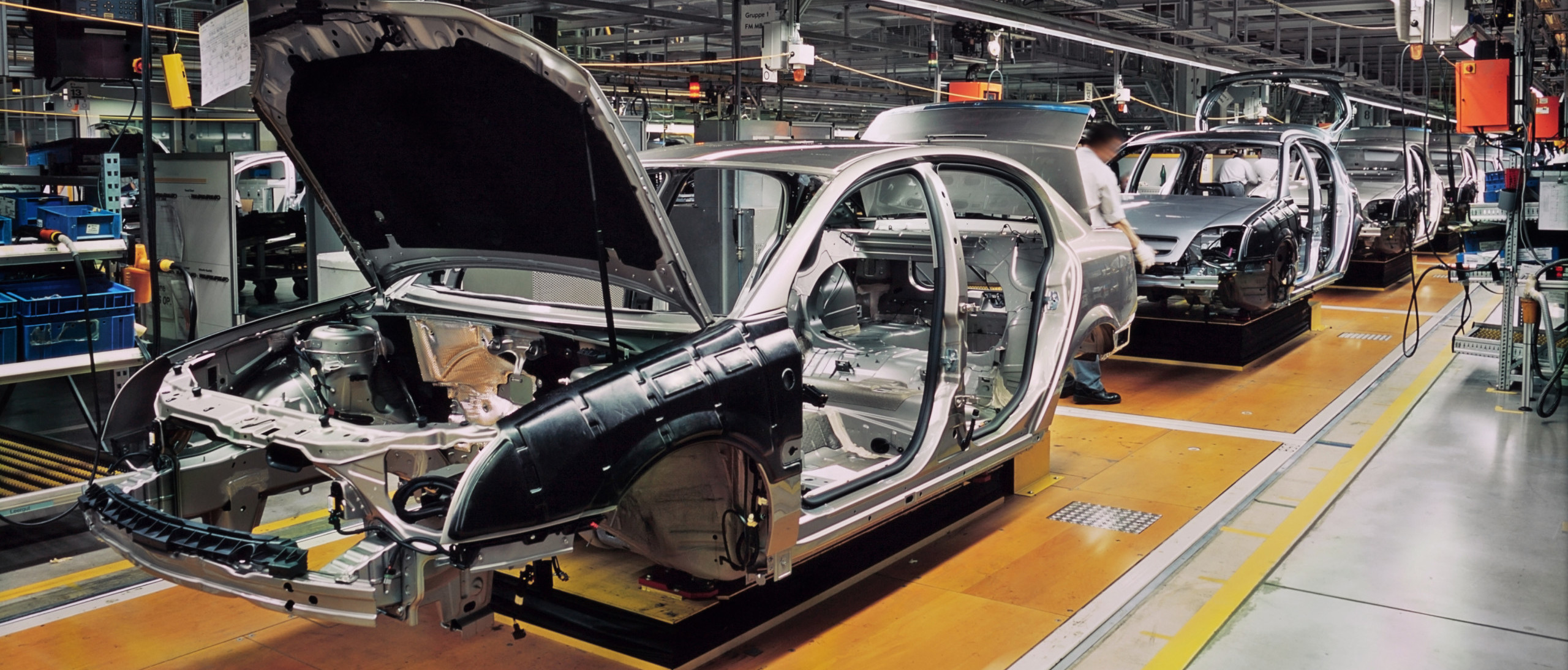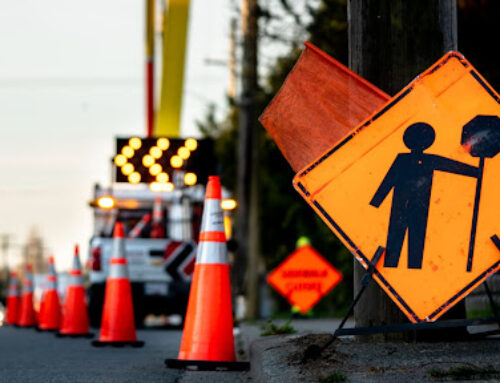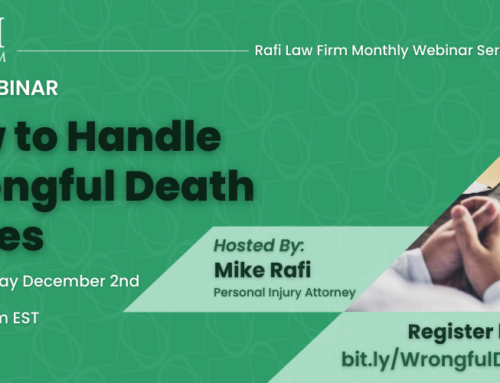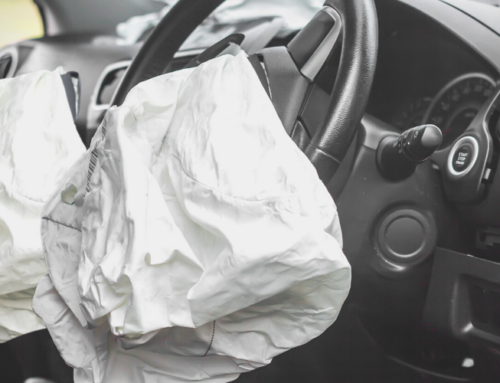We often take it for granted that our vehicles meet federal crash readiness standards. After all, a vehicle is a machine, and machines can fail. Sometimes, those failures are not the result of everyday bad luck, but a very serious defect. This defect may stem from design, manufacture, marketing, or all of the above.
Who Is Responsible For Your Accident?
When your vehicle causes an accident or fails to protect you during one, you may have the right to demand compensation for your medical bills and other damages.
Manufacturers are responsible for the financial consequences of their defective products. Your losses might include a breach of warranty and the cost of a suitable replacement or repair, but they may end up including so much more.
At Rafi Law Firm, an experienced car accident lawyer helps you determine whether or not you have a successful defective product lawsuit. Call our office at (404) 800-9933 to speak with a member of our team at no cost. We will discuss your accident and help you determine the next appropriate steps.
Vehicle Defects
The manufacturer of a vehicle can be held liable for any defective car or truck they design and produce. This liability can extend to situations where the defect directly caused an injury or other loss.
To have a successful defective product case against a vehicle manufacturer, you must establish that the law holds the defendant liable. As the plaintiff, your attorney will work to prove:
- The vehicle posed a reasonable risk of harm to you and other users;
- A safer version of the vehicle could have been produced; and
- The defect was a direct cause of your injuries.
What is considered a defect? Among others, the following design flaws or failed parts could qualify:
- Defective brakes
- Transmission failure
- Propensity for rollover
- Defective steering
- Defective tires
- Airbag deployment at an improper time
Three Types Of Defective Products Claims
Generally speaking, there are three main types of defects covered in defective products cases. These apply whether the product in question is a vehicle, power tool, or prescription drug.
- Design defects involve designs that were inevitably going to cause an injury or other harm because of an inherent flaw. An example of a design defect in a vehicle would include top-heavy construction that makes the vehicle likely to roll over.
- Manufacturing defects may emerge during the process of creating the product in question. Looking at vehicle parts, a poorly crafted brake assembly may create damage to critical parts. This results in the brakes not performing properly while attempting to avert a crash.
- Marketing defects may imply safe use of a product that is dangerous. These defects can occur when an advertising campaign encourages unsafe product use. For example, an advertisement shows an SUV off-roading when the SUV is not equipped to handle such situations. Marketing defects can also involve false promises of safety.
The type of manufacturing defect claimed will differ from case to case. Some cases involve multiple types of defects at once. Your defective products lawyer will have to be familiar with state and federal standards as well as prior case rulings to develop a sound legal strategy.
They may also rely on interrogatories, where they speak to professionals involved with motor vehicle engineering or public safety.
Crashworthiness
When a manufacturer is designing and producing a vehicle, they are responsible for ensuring that their vehicle is crashworthy. In other words, they must be able to prove that the vehicle’s body and safety components will protect occupants in the event of a car accident.
Read about Air bag recalls here
Toyota recalled 2.9 million SUVs over a seatbelt flaw. Read more here
Your vehicle has many jobs during a crash. It should not encourage fires, the survival cell should retain its shape, it should direct impact energy away from occupants, and ensure that occupants will remain fairly immobile due to seat belts and other components. Regardless of the cause of the accident, when these safety measures fail you may have a case against the manufacturer.
Proving poor crashworthiness as part of a personal injury claim involves demonstrating the product’s role in causing injury. Some crash scenarios show an obvious difference between how the product performed versus how federal crash standards expect it to perform. In other instances, a wreck is so severe that no safety feature could be expected to fully protect the occupants of a vehicle. In these circumstances, there is no case against the manufacturer.
This type of question is exactly why your case requires the assistance of a knowledgeable Atlanta car accident lawyer.
What Happens When The Defect Is Only Partially To Blame?
Many crash scenarios involve many factors that contributed to fault. For instance, the sequence of events that led to an accident may clearly have been triggered by a negligent driver.
However, the accident victim may be able to prove that they could have avoided the accident had their vehicle not had a major defect. In other scenarios, the victim will lay partial blame for their injuries on the at-fault driver and part of it on a manufacturer.
Whenever two or more parties share liability for the same injury, state laws dictate what will happen next. In Georgia, the state operates on a modified contributory negligence law (O.C.G.A. § 51-11-7). Under this arrangement, all parties must pay partial damages in proportion to their assigned percentage of fault.
For example, if a defective vehicle is involved in an accident causing $500,000 in total damages and it is determined that the defect is 50% to blame for the crash, then the manufacturer will owe $250,000 of the total damages.
Mike Rafi Is Your Advocate
When your car or truck doesn’t operate safely, you and everyone on the road are at risk.
Mike Rafi is here for you. At Rafi Law Firm, we have been standing up for Atlanta car accident victims for years. We have a solid reputation in the community and a proven history of winning cases for our clients.
Call our office today at (404) 800-9933 to schedule a free, no-obligation case evaluation. You have options, and we want you to be aware of all your legal rights.






